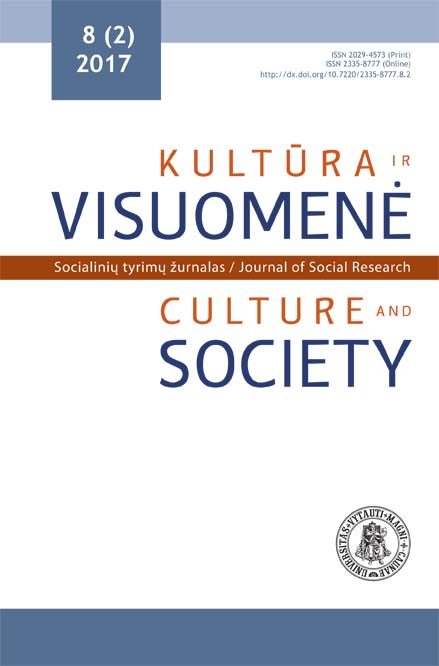Without Losing My Religion: The Dilemmas of EU Integration in Poland
Without Losing My Religion: The Dilemmas of EU Integration in Poland
Author(s): Simona GuerraSubject(s): Social Sciences, Theology and Religion, Politics and religion, EU-Approach / EU-Accession / EU-Development
Published by: Vytauto Didžiojo Universitetas
Keywords: Poland; Religion; EU; EU integration; Euroscepticism; Europeanization;
Summary/Abstract: In Poland, the Catholic Church has always maintained its vital role across society. During the communist regime, the Catholic Church supported resistance and autonomy and provided legitimacy to any organised form of protest and opposition. Since 1989, it had to re-position itself across the changing social and political life. One of the main aims of the democratization process in the country was Polish membership to the EU. Yet, the Catholic Church never assumed homogenous and coherent positions. Although levels of public support for EU integration were rather high up to the middle 1990s, concerns started to emerge around possible secular European threats towards Polish culture and values. The Catholic Church could so represent the ally of those who sought to defend Polish traditional values. If the official Catholic Church remained rather pragmatic towards EU integration, and finally supportive, although never enthusiastic, it was in these years that radical right and right wing groupings became electorally successful, as with the League of Polish Families (Liga Polskich Rodzin: LPR), campaigning on Euroscepticism and the mobilization against abortion, euthanasia and the role of the Church in the Polish life. An analysis on the Polish National Election Studies shows that these issues are still significant after fifteen years. Despite an overall positive macro-economic situation, in 2015, at the presidential and parliamentary elections, Poles voted against the incumbent, Civic Platform (Platforma Obywatelska: PO). Young people’ disillusionment and citizens’ disappointment towards the incumbent shifted the votes towards PiS (Law and Justice, Prawo i Sprawiedliwość: PiS), Kukiz’15, and KORWiN. Their agenda, advocating social national conservative (PiS), sometimes populist (Kukiz’15), and radical right and hard Eurosceptic (KORWiN) programmes can still indicate that Polish values and Polish policy towards the EU are salient factors, while the radical Catholic Church can still play an important role in the social and political life of the process of Europeanization of Poland.
Journal: Kultūra ir visuomenė: socialinių tyrimų žurnalas
- Issue Year: VIII/2017
- Issue No: 2
- Page Range: 51-68
- Page Count: 18
- Language: English

